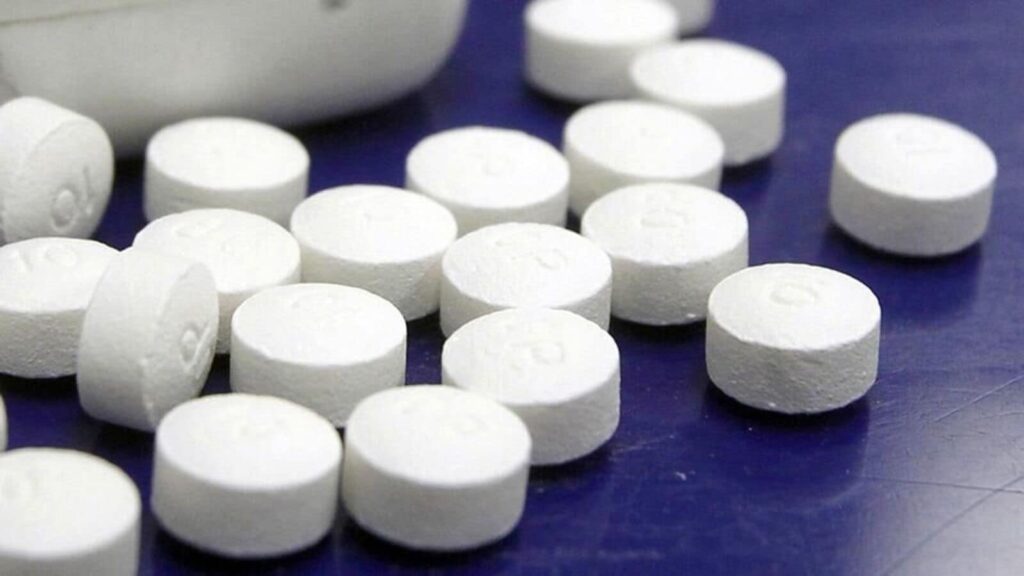New Delhi: The Centre plans to ban the sale, manufacture, import, and distribution of 37 antimicrobial medicines used to boost animal growth and yield. The plan is to check the effect of antibiotic resistance in humans, which is transferred through the consumption of milk, meat, eggs, and other dairy products.
Antimicrobial Resistance (AMR) occurs when bacteria, viruses, fungi and parasites no longer respond to antimicrobial medicines. As a result, antibiotics and other antimicrobial medicines become ineffective and infections become difficult or impossible to treat; thereby increasing the risk of disease spread, severe illness, disability and even death.
Also read: Is Covid-19 back in India? All we know amid recent surge in Hong Kong, Singapore
The development assumes significance given that AMR has become a major global health issue, with around 6 lakh lives lost in India each year due to resistant infections, as per the data available with the ministry of chemical and fertilisers.
“These 37 antimicrobials have not been approved by the Central Drugs Standard Control Organisation (CDSCO) for veterinary use in the treatment of various diseases, but are still being used on animals. Using unapproved antibiotics may pose huge health risks not only to the animals but also to humans, as food produced by these animals may have elements of antibiotics which can be transferred to humans and cause antibiotic resistance,” a government official said.
The Department of Animal Husbandry and Dairying said that this exercise is being done “to promote the responsible and judicious use of antimicrobials across human and animal health sectors, in alignment with the global standards and One Health approach.” Queries sent to the health ministry remained unanswered.
EU recommendations
In 2022, the Commission Implementing Regulation (EU) recommended that 37 antibiotics be reserved for human use only for the treatment of certain life-threatening infections. These drugs include ceftobiprole, ceftaroline, carbapenems, and the antiprotozoal drug nitazoxanide.
Also read: ‘Elder abuse! Criminal charges??’ — Donald Trump’s DOJ lawyer accuses Jill Biden of hiding Joe Biden’s health problems
“Representatives of the animal husbandry department were also present at the meeting, which happened last month. After detailed deliberation, the apex drug panel board recommended prohibition of manufacture, import, sale, distribution and use of 34 antimicrobial medical products except three antimicrobials, i.e. carboxypenicillins, combinations of cephalosporins with beta-lactamase inhibitors and phosphonic acid derivatives only, for animal use,” the official added.
The health ministry has sought a report on these three antimicrobials from the department of animal husbandry and dairying to reach its conclusion.
According to Crisil market intelligence and analytics, the market size of the anti-infective segment in India stood at about ₹251.3 billion for FY2024. These include antibiotics, antivirals, and antifungals.
In December, the health ministry banned the manufacturing and sale of non-steroidal anti-inflammatory drug (NSAID) nimesulide and its formulation for animal use, citing a health risk to the animals.
Also read: Mounjaro in India: The speed bumps impacting access to weight loss drugs
Dr K.P. Singh from the Indian Veterinary Research Institute said, “Basically, all veterinary institutes have qualified veterinarians, but the problem is that there is one population who are not qualified to provide treatment to animals. These people are using antibiotics irrationally. These three antibiotics—carboxypenicillins, combinations of cephalosporins with beta-lactamase inhibitors and phosphonic acid derivatives—are largely used to treat bacterial infections in the animals.”

